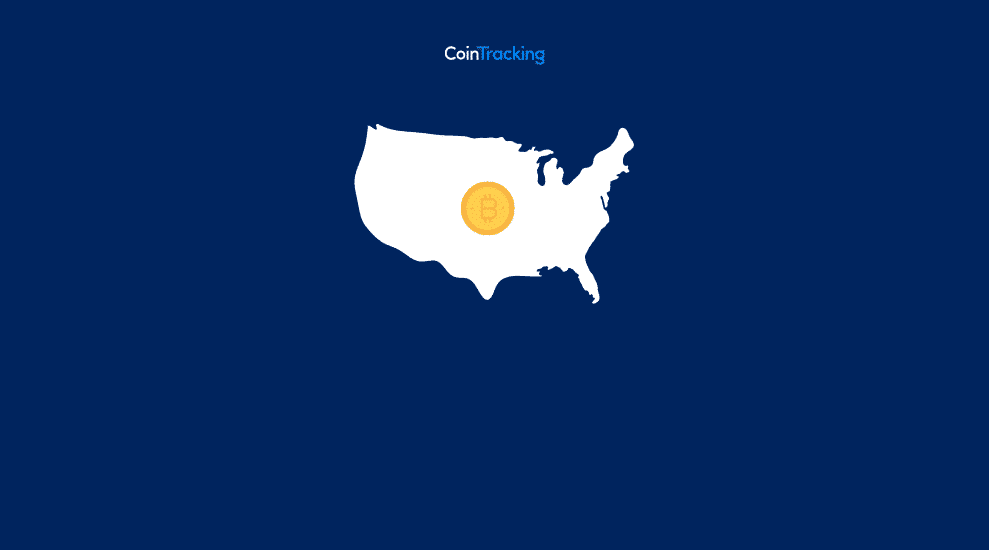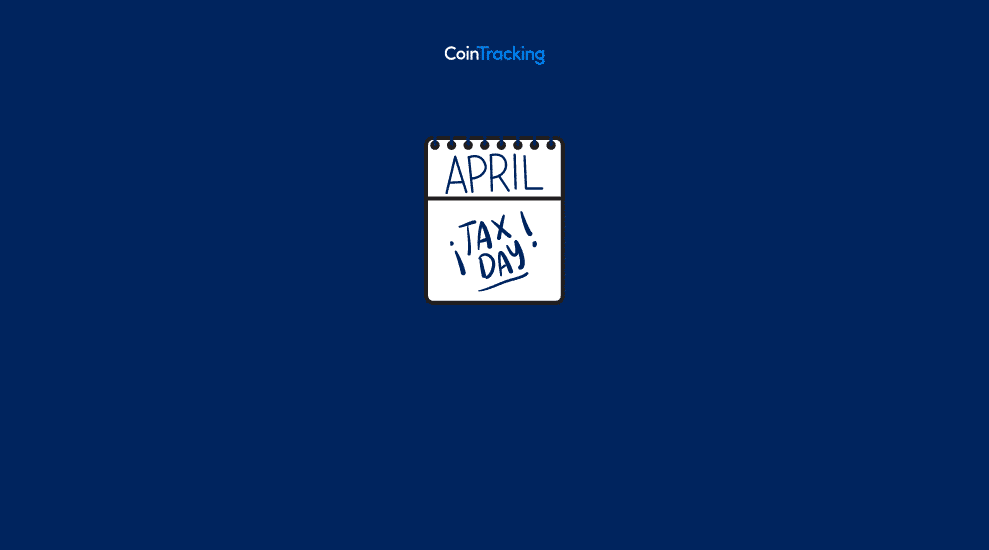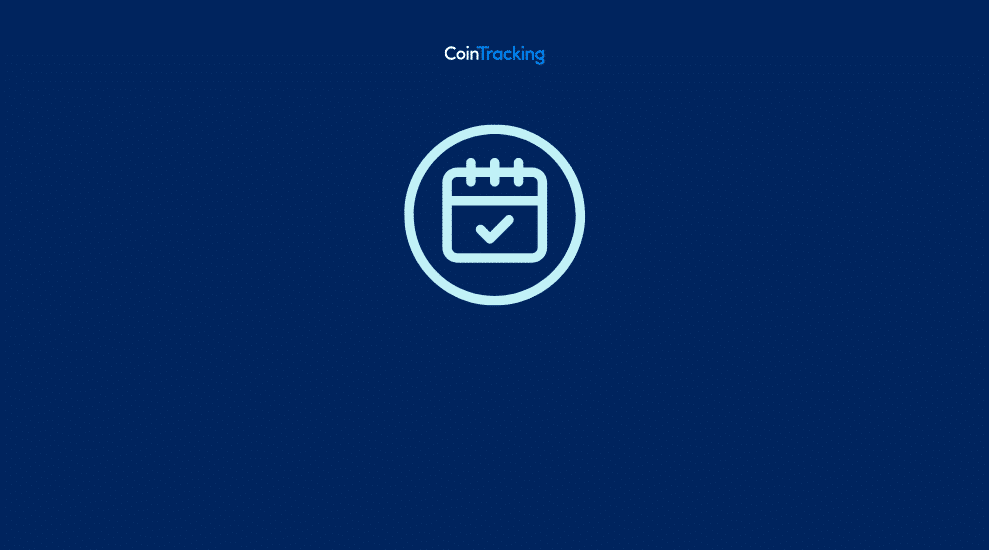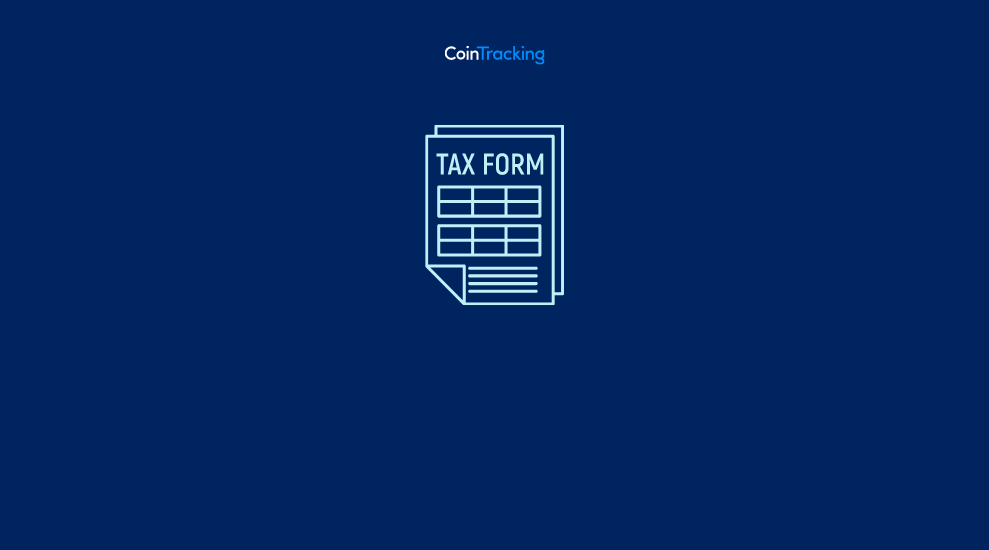How to answer the crypto question on Form 1040 in 2023
28 Mar, 2023 · 5 min read
The IRS made changes to the popular crypto tax question on Form 1040 in 2023, separating the question into two areas, one for receiving crypto and another for selling or disposing of it.
Every US taxpayer has to answer the cryptocurrency question on Form 1040 regardless of their involvement with crypto.
Discover what changed in the virtual currency question on the US Individual Income Tax Return, how you answer the crypto question in 2023, how to report your crypto taxes, what crypto tax forms you need, and much more!
How do you answer the cryptocurrency question on 1040?
In 2021, if you’ve received crypto (e.g., a reward, award, or compensation), converted/sold/disposed of any of it (e.g., sold a portion, paid for goods with crypto), or gifted any cryptocurrency, you’ll have to answer “Yes” to the crypto question on Form 1040. If you only bought and held cryptocurrencies or transferred them between wallets, you can answer “No.”
As a US taxpayer, you have to answer “Yes” or “No” to the crypto question in your income tax return every year, regardless if you have traded crypto or not.
Your answer to the crypto question will depend on how you interacted with virtual currencies in 2023 relative to the tax year before (between January 1, 2021, and December 31, 2021).
Why does the 1040 ask about cryptocurrency?
The crypto question on Form 1040 is a way for tax authorities like the IRS to increase their oversight over crypto in the US amid new regulations and ensure proper tax reporting.
The US government and its agencies like the IRS are increasing their control on crypto traders and investors to protect consumers and prevent illicit activities with digital assets (e.g., terrorism, money laundering).
Do I have to answer the IRS crypto question?
If you’re a US resident and taxpayer, you’ll have to answer the cryptocurrency question on Form 1040, whether you’ve traded crypto or not. If you do not answer it or lie about it, you may incur penalties or fines later.
Where is the cryptocurrency question on the 1040?
In 2023, the crypto tax question is on the first page of Form 1040, right below the line containing the questions regarding “Foreign country Name,” “Foreign province/state/county,” and “Foreign postal code.”
What’s different about the crypto question on the 1040 form in 2023?
The IRS expanded the cryptocurrency tax question in the 2023 US Individual Income Tax return, giving examples of what receiving crypto means and including gifting crypto as one of the crypto activities that will require you to answer “Yes.”
In 2021, the virtual currency question on Form 1040 was:
“At any time during 2021, did you receive, sell, exchange, or otherwise dispose of any financial interest in any virtual currency?”
In 2023, the crypto question in the US tax form now looks like this:
“At any time during 2023, did you: (a) receive (as a reward, award, or compensation); or (b) sell, exchange, gift, or otherwise dispose of a digital asset (or a financial interest in a digital asset)?”
Where do you report cryptocurrency on 1040?
If you traded crypto during the tax year, you would need to include your capital gains/losses on Form 8949 and on Schedule D of Form 1040 (the US individual tax return).
After determining the gain/loss from each of your crypto trades, you’ll have to separate them by short-term or long-term and report all the mandatory information (e.g., date of acquisition, date of disposal, sales proceeds, cost basis) on Form 8949.
You’ll then report that information (capital gains/losses) on Schedule D of your 1040 form.
Do I have to report every crypto transaction?
In the US, you have to report the capital gain/loss of each crypto trade you conducted during the tax year.
The crypto tax forms needed in the US require information on trades like:
- Dates of acquisition/disposal
- Cost basis of your crypto
- Sales proceeds of the trade
- If the gain is short-term (12 months or less) or long-term (over 12 months)
What IRS form do I need for crypto?
The IRS Notice 2014-21 states that if you have capital gains/losses from crypto trading (including NFTs, DeFi, and Metaverse tokens), you’ll have to fill out Form 8949 and Schedule D of your US Individual Income Tax Return (Form 1040).
If you have crypto income, you’ll have to report it on Schedule B (for crypto interest) and Schedule 1 (for miscellaneous income) of your income tax return (Form 1040).
Discover every crypto tax form you need.
How do you declare crypto as income?
In the US, if you earn income from interest-bearing investment vehicles or staking rewards, you’ll have to declare them at Schedule B of Form 1040.
If you have other crypto income from airdrops, hard forks, or others, you’ll have to report that income on Schedule 1 of Form 1040. If you receive salary or freelance compensation in crypto, you will need to report the income at the same place on the tax return, just like if you receive it in FIAT.
Do I have to report crypto on taxes if I lost money?
You have to report losses from crypto trades on Form 8949, but you can use it to offset capital gains from other crypto trades or other investments such as stock trades.
Also, you’ll be able to deduct up to $3,000 in net losses each year. Any remaining losses can be carried forward to the following years.
How does the IRS know if you have cryptocurrency?
The IRS is hiring more experts for its workforce (87,000 agents) and has access to a variety of analytics and oversight tools to track crypto transactions while having the power to summon crypto providers (e.g., crypto exchanges) to receive customer information.
Do I have to report crypto on taxes in 2023?
Yes, you have to report crypto trading every tax year (including 2023) as a US citizen (taxed on worldwide income) unless you renounce your US citizenship.
If you only bought virtual currency and transferred it between wallets, you can answer “No” to the crypto question on form 1040.
But, if you have any other crypto activity, such as trading, selling, purchasing a good/service with crypto, or receiving income from crypto interest, airdrops, or hard forks, you’ll have to report those activities on your tax return.
Do you have to report crypto under $600?
Currently, there is no De Minimis rule regarding crypto. You have to report crypto under $600 because any gain/loss or income from crypto has to be reported to the IRS in the US, regardless of how low or high that gain/loss is.
How to report cryptocurrency on taxes TurboTax?
You can use a crypto tax software like CoinTracking to determine your gains/losses from crypto trading and crypto income and then use a service like TurboTax to file your crypto taxes.
Here’s how to report your crypto on taxes with TurboTax:
- Import your crypto trades and income into CoinTracking
- Determine your crypto gain/losses (choose from 13 accounting methods)
- Generate a tax report
- Click on “Load Report” and then select TurboTax from the options
- “Download your capital gains data” from CoinTracking to use later on TurboTax
- Log in to your TurboTax account, select “Federal” in the left navigation bar and “Stocks, Cryptocurrency, Mutual Funds, Bonds, Other” at the right
- Select “YES” on the page “Did you sell any of these investments in Year?”
- Select “Cryptocurrency” and “Continue”
- Select “Try another way”
- Select “Upload it from my computer” and “Continue”
- Select “Other” under Crypto service, add CoinTracking as “Name” and “Continue”
- Upload your CSV file
Learn more about how to report crypto taxes with TurboTax and CoinTracking and watch this video:
Share this









